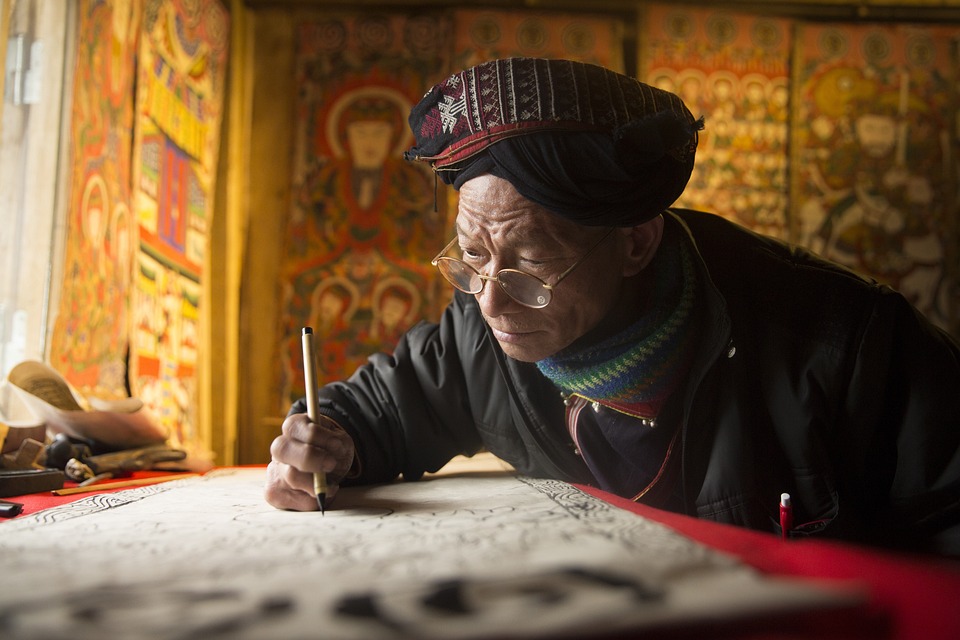From the moment we wake up in the morning to the time we go to bed at night, we are constantly bombarded with images and messages from pop culture. Whether it’s the latest fashion trends, the hottest celebrity gossip, or the newest viral social media challenge, pop culture is everywhere we look. But what exactly is pop culture and how does it impact society as a whole?
Pop culture can be defined as the cultural aspects that are popular and prevalent in a society at a given time. It encompasses everything from music, movies, television shows, fashion, art, and technology to memes and internet trends. It is constantly evolving and changing, reflecting the ever-shifting interests and values of society.
One of the most noticeable impacts of pop culture on society is in the realm of fashion. Fashion trends come and go as quickly as the seasons change, with designers and celebrities dictating what is considered stylish and trendy at any given moment. From the rise of athleisure wear to the resurgence of 90s fashion, pop culture influences what we wear and how we present ourselves to the world.
But fashion is just the tip of the iceberg when it comes to the impact of pop culture on society. Pop culture also plays a significant role in shaping social movements and influencing political opinions. From the civil rights movement of the 1960s to the #MeToo movement of today, pop culture has been a powerful tool for spreading awareness and promoting social change.
Take, for example, the Black Lives Matter movement. While the movement itself was born out of social and political activism, it gained widespread visibility and support through pop culture. Celebrities and musicians used their platforms to raise awareness and support for the movement, sparking conversations and inspiring others to get involved. Through music, art, and social media, pop culture helped to bring attention to the issue of police brutality and systemic racism, pushing it to the forefront of national dialogue.
Similarly, the #MeToo movement gained momentum through the power of pop culture. What started as a grassroots movement to promote gender equality and address issues of sexual harassment and assault in the workplace quickly spread like wildfire across social media and mainstream news outlets. Celebrities and influencers shared their own stories of abuse and harassment, encouraging others to come forward and speak out against their perpetrators. Through the power of storytelling and social media, pop culture helped to amplify the voices of survivors and bring attention to the pervasive issue of sexual misconduct.
But the impact of pop culture on society isn’t always positive. In some cases, pop culture can perpetuate harmful stereotypes and promote toxic behaviors. From the glorification of violence in movies and video games to the objectification of women in music videos and advertisements, pop culture can reinforce damaging attitudes and perceptions that have real-world consequences.
For example, the rise of reality television has led to a culture of hyper-competition and hyper-criticism, where individuals are judged and critiqued based on their appearance and behavior. This can have a detrimental effect on self-esteem and mental health, particularly among young people who are more susceptible to the influence of pop culture.
Despite these pitfalls, pop culture has the power to bring people together and foster a sense of community and belonging. Whether it’s through shared fandoms, viral trends, or cultural movements, pop culture has the ability to unite individuals from diverse backgrounds and create a sense of shared identity and purpose.
In a world that is increasingly divided by politics, social issues, and cultural differences, pop culture has the ability to transcend boundaries and connect people in ways that are both meaningful and impactful. Whether it’s through a catchy song, a powerful movie, or a viral social media campaign, pop culture has the power to inspire change and bring about positive social transformation.
In conclusion, the impact of pop culture on society is vast and far-reaching. From shaping fashion trends to influencing social movements, pop culture plays a significant role in shaping our attitudes, beliefs, and behaviors. While it can be a force for both good and bad, pop culture has the power to bring people together, spark conversations, and inspire change. As we continue to navigate the ever-changing landscape of pop culture, it is important to reflect on its influence and consider how we can harness its power for the greater good of society.


